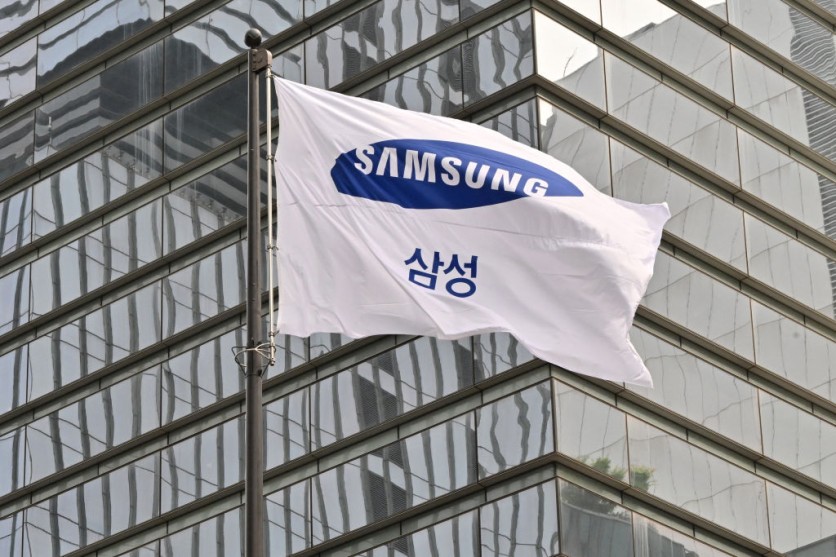Samsung Electronics reported strong first-quarter 2024 financial performance, a considerable improvement from the previous year. Memory chip sales rebounded, driving operating profit of over 930% year-over-year.
Demand for AI-specific servers, memory chips, and storage solutions drives this revival. After 2023 macroeconomic challenges, Samsung's memory chip division returned to profitability in Q1 2024. Demand for DRAM, NAND chips, SSDs, and servers raised prices.
Samsung's quarterly sales rose 12.8% to KRW 71.2 trillion ($52.2) from 2023. Net profit rose 330% to KRW 6.75 trillion ($4.88 billion), as reported by TechCrunch. The memory chip industry drove Samsung's robust sales. This category sales rose to KRW 23.14 trillion ($16.71 billion) from Q1 2023's KRW 13.73 trillion ($9.92 billion). Demand for AI server-specific DDR5 memory chips and storage solutions drove this surge.
Samsung to Sustain Momentum
The tech giant expects robust demand until 2024, especially as generative AI technologies gain popularity.
Samsung has been eager to meet the computational power and server demands of generative AI and the mountains of data models on which they are trained. Last year, the Suwon-si-based tech company said it would treble its HBM chip production for AI, 5G, IoT, graphic processing, virtual reality, and augmented reality. These semiconductors process data quickly and use less power than NAND memory devices.
Samsung said on Tuesday that it is mass-producing HBM3E 8H (8-layer) DRAM and V9 NAND chips for business servers, AI, and cloud devices. The business plans to make HBM3E 12H (12-layer) chips in the second quarter.
Samsung is the world's largest memory chip producer, competing with Micron and Korean memory chip maker SK Hynix in HBM chip sales. Micron began mass manufacturing 8-layer HBM3E semiconductors in February, while SK Hynix announced its production at Nvidia's GTC 2024 last month.
For its foundry division, Samsung stated that 3-and 2-nanometer AI chip development is "progressing smoothly." Generative AI usage is expected to boost company demand in the second part of the year.
The South Korean tech giant remarked that "business conditions are expected to remain positive in the second half of 2024 with demand - mainly around generative AI - holding strong" despite the volatility of geopolitical issues and macroeconomic trends.
The continual supply of AI servers and subsequent development of cloud services will raise demand for HBM and traditional servers and storage. The business said mobile demand will be constant in the quarter, while PC clients will be hit by slow seasonality and likely manage their stocks before new product releases in the year's second half.

Dominating the Smartphone Market, Samsung Smartwatch Update
Reaffirming its position as a global leader, Samsung has emerged as the top smartphone brand worldwide, boasting a 20.8% market share and 60.1 million smartphone sales in Q1. This solidifies Samsung's reliability and success, even in the face of competition from rival Apple, which held a 17.3% market share and sold 50.1 million units, according to The Korea Herald.
Furthermore, Samsung recently revealed its intention to rework its wearable strategy, hinting at a possible release of the new Galaxy Ring.
The business previewed "new premium" smartwatches to meet consumer demand for updates. Unofficial reports suggest that the Galaxy Watch7 family may have three models, including a Pro model that is an upgrade over the Classic, per GSMArena.
Samsung's System LSI group is preparing to deploy wearables using sophisticated technology, demonstrating its commitment to innovation.
Rumors are swirling about the Galaxy Watch7 series, with some suggesting it could revolutionize health monitoring. Speculation points to a potential blood sugar monitoring feature for the top model, promising significant health benefits for users.
Samsung enthusiasts expect the launch of the Galaxy Ring and Watch 7 series in early July.


![Apple Watch Series 10 [GPS 42mm]](https://d.techtimes.com/en/full/453899/apple-watch-series-10-gps-42mm.jpg?w=184&h=103&f=9fb3c2ea2db928c663d1d2eadbcb3e52)


